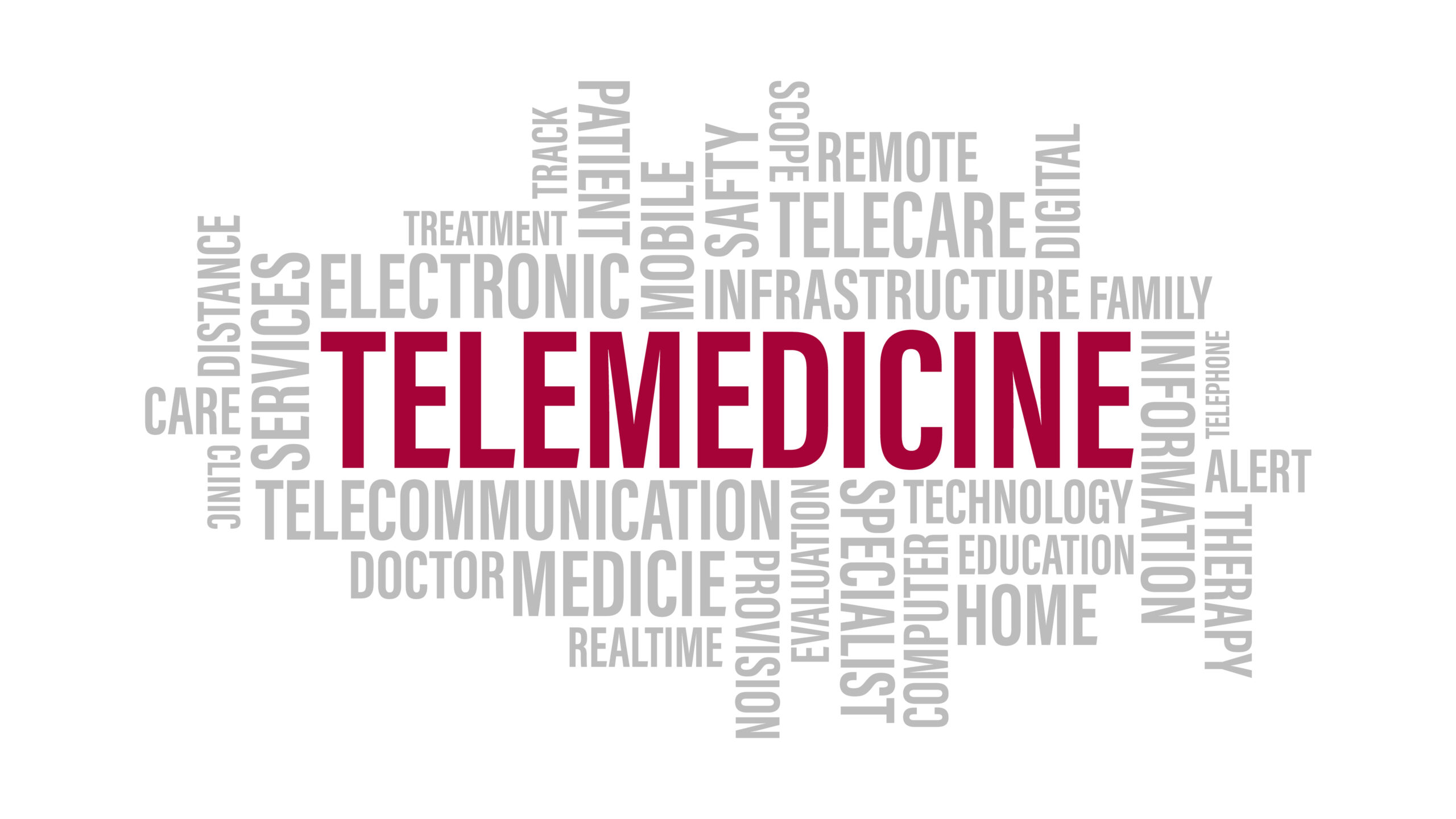
Modern telehealth platforms aren’t limited to video conferencing software, like Zoom. They vary in features, providing specialists with HIPAA-compliant patient and team management systems, omnichannel communication functionality, digital form builders, file sharing, and so much more. HIPAA compliance should also be on the healthcare provider’s mind when it comes to choosing the right telehealth software.
Let’s check out the top 10 telehealth software and see what functionality they offer.
#1 ExpertBox
ExpertBox is an example of a medical practice management and peer review management software for healthcare specialists who want HIPAA-compliant functionality covering multiple tasks, like scheduling, booking, billing, video conferencing, file sharing, and many others. ExpertBox allows healthcare specialists to concentrate on their work with patients while helping them with workflow automation, documentation, and client management.
How ExpertBox works
Healthcare providers can work separately as standalone specialists or within one team, where they can invite other team members to join and set their roles and permissions in the system. There is also a full set of booking and scheduling options. You can create services, set prices, and let patients securely pay online for their booked time slots. Moreover, within ExpertBox, healthcare providers can hold secure one-on-one calls with patients, hold secure group meetings, add notes, and manage client databases.
Key ExpertBox features:
- scheduling and booking with notifications
- online billing and invoicing
- secure one-on-one and group video calls
- chat and file sharing
- patient relationship management
- team management
- intake forms
- patient notes
- HIPAA compliance
Pricing: from $29.95/month
Free trial: available
Demo: available
#2 WiCis CareFlows
WiCis CareFlows is a toolkit that supports healthcare specialists in telehealth practices. With this solution you will be able to hold video consultations, create a schedule, and have patients book their own services. You can also either use the EHR provided within the WiCis, or integrate the one you’re already using.
How WiCis works
The patient views the schedule you create, selects the time slot that works best for them, books it, makes a payment, and then joins the video meeting at the preselected time. There is no need to install any programs, as WiCis works from the browser.
Key WiCis features:
- scheduling
- cloud billing
- team management
- EHR integration
- live vital signs monitoring
- security
Pricing: $75/month
Free trial: available
Demo: available
#3 Exym
Exym is telehealth software that lets healthcare specialists implement electronic health records into their practice. This solution provides tools for scheduling, keeping patient notes, reporting, and data analytics.
How Exym works
Exym’s tools can be implemented in a telehealth-based practice to support healthcare providers with documentation, patient notes, scheduling, billing, and other routine tasks that often take unnecessary time to be handled.
Key Exym features:
- billing
- document storage
- data backup
- e-prescribing
- security
Pricing: custom
Free trial: none
Demo: available
#4 UvoHealth
UvoHealth is telemedicine software that helps healthcare specialists with scheduling, billing, and video consulting. It doesn’t require installation, so patients can access video sessions from any device withInternet connection and a browser.
How UvoHealth works
The healthcare providers have to select the plan that has the functionality they need. After that the basic steps would be to set a schedule, implement billing, and start providing online consultations.
Key UvoHealth features:
- scheduling
- billing
- system integration
- video calls
- security and privacy
Pricing: from $29/month
Free trial: available
Demo: available
#5 Doxy.me
Doxy.me is a teletherapy solution that provides basic functionality for online consultations. There is a free plan with limited features that can be extended to a paid plan with more functionality on a monthly basis.
How Doxy.me works
The platform’s paid version lets healthcare providers set up a personalized domain, collect patients’ consent, provide online consultations, and run analytics.
Key Doxy.me features:
- video calls with screen sharing
- group calls
- waiting room
- notifications
Pricing: from $35/month
Free trial: free plan with limited features
Demo: available
#6 Updox
Updox is a solution that works well for healthcare specialists who want a paperless practice and are looking for a video chat platform to hold online consultations.
How Updox works
You can use Updox for secure video communication with your patients. The platform also includes forms, chat, and a patient portal, so you’ll have everything you need to provide healthcare services online.
Key Updox features:
- video chat
- online billing
- patient portal
- secure messaging
- reminders
Pricing: $80/month
Free trial: free plan with limited features
Demo: available
#7 OhMD
OhMD is a telemedicine platform for doctors looking for workflow automation and telehealth services that require video communication with patients. It can also be integrated with your current EHR system.
How OhMD works
Healthcare providers create an account and choose a plan that fits their needs. After that, providers can use video call functionality and electronic forms, integrate EHR, and manage patient reviews.
Key OhMD features:
- video calls
- input forms
- EHR integration
- review management
- reminders
Pricing: $150/month
Free trial: free plan with limited features
Demo: available
#8 Rhinogram
Rhinogram is software for telehealth-based services and comes with social media and text messaging tools. It offers multiple communication methods to helping healthcare specialists keep their patients engaged.
How Rhinogram works
Healthcare specialists can use Rhinogram to have video communication, follow up with their patients, and send automated messages.
Key Rhinogram features:
- video calls
- e-forms and e-signature option
- analytics
- online billing
- security
Pricing: custom
Free trial: none
Demo: available
#9 Mend
Mend is a secure online video platform that covers the most basic patient consulting needs. It comes with additional functionality: scheduling, reminders, and online billing.
How Mend works
This telemedicine platform helps you set up digital forms and notifications, create a schedule that will allow patients to self-book, hold video consultations, and accept payments.
Key Mend features:
- video calls
- custom forms
- scheduling
- online billing
- EHR integration
Pricing: custom
Free trial: free plan with limited features
Demo: available
#10 SecureVideo
SecureVideo is a HIPAA-compliant solution that provides video connectivity between patients and healthcare providers. It also comes with scheduling functionality.
How SecureVideo works
Healthcare providers can set their schedule, adjust when notifications and reminders are sent out, and hold video consultations. There are also some features that can make your routine a tad bit easier, such as video session reporting.
Key SecureVideo features:
- scheduling
- custom e-documents
- video calls
- notifications
- online billing
Pricing: from $50/month
Free trial: available
Demo: available
Final thoughts
Because telehealth services are preferred by 69% of U.S. patients, it’s important for healthcare providers to understand how they can hold effective video consultations that keep their patients satisfied. That’s why it’s vital to choose a telehealth solution that accommodates both the healthcare specialist and their patients. Consider picking one of the options listed above, making sure it fits your needs.






 © 2025 Mashup Media, LLC, a Formedics Property. All Rights Reserved.
© 2025 Mashup Media, LLC, a Formedics Property. All Rights Reserved.